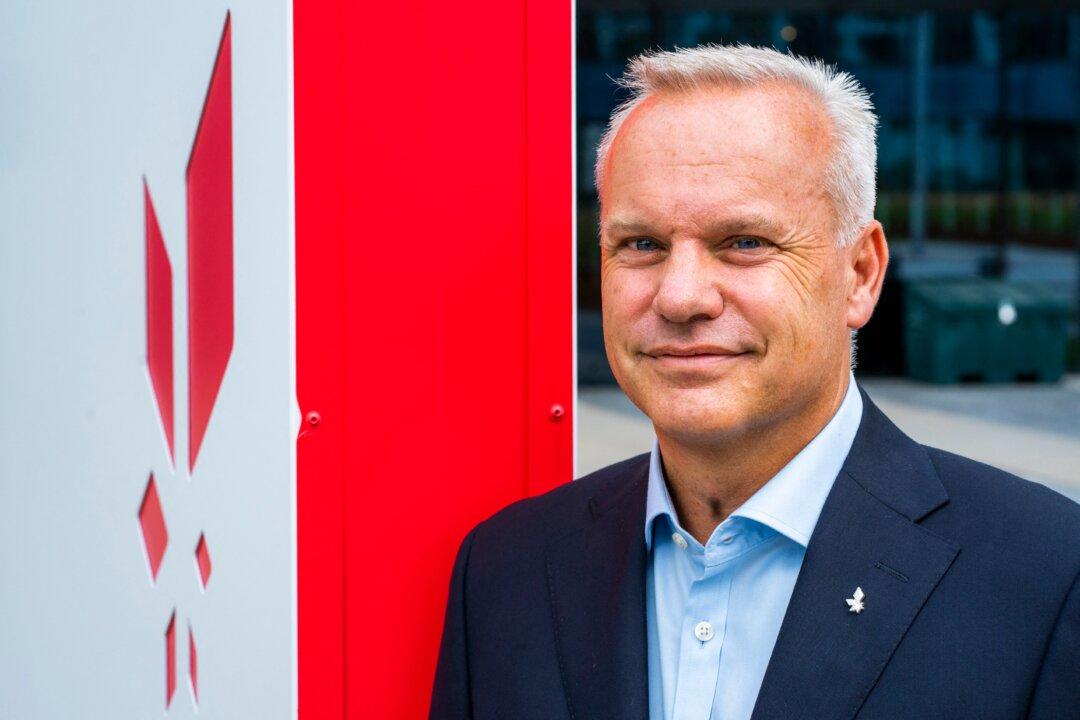Energy bills will remain higher for years, the boss of one of Europe’s biggest gas companies has warned.
Equinor Chief Executive Anders Opedal told the BBC that the cost of governments’ attempt to reach “net zero” emissions targets and windfall taxes on energy firms will make it hard for prices to fall.





